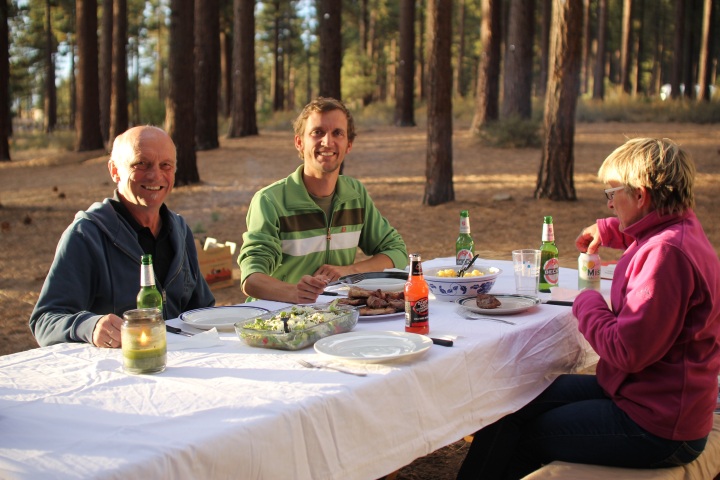
http://www.flickr.com/photos/_flood_/11177680916
Thomas Hardy has always tended to be better known for his novels than for his poems, but among the hundreds of poems he wrote on a wide range of subjects, there are some very memorable ones. This has always been one of my favourites:
The Self-Unseeing
Here is the ancient floor,
Footworn and hollowed and thin,
Here was the former door
Where the dead feet walked in.
She sat here in her chair,
Smiling into the fire;
He who played stood there,
Bowing it higher and higher.
Childlike, I danced in a dream;
Blessings emblazoned that day;
Everything glowed with a gleam;
Yet we were looking away!
Hardy here is describing a scene from his childhood: it’s a family occasion with his father playing his violin as the young Thomas dances and twirls and his mother looks on smiling. The last two lines are the most poignant since they carry the message that this family time was a very precious moment but, sadly, they had not appreciated this at the time. Continue reading








